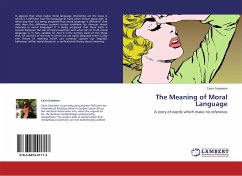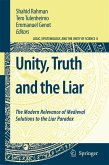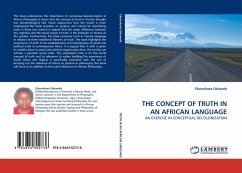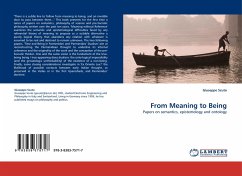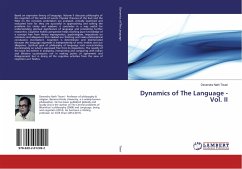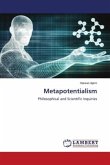It appears that what makes moral language interesting are the ways in which it is different from the language of some other known discourses. In what way then is it being proposed that moral language is different? And why does this difference present certain problems for theories about meaning in moral language? It is being proposed that there exists a tension between the use of moral assertions and what sort of truth moral language is, in fact, capable of. And it is the primary claim of this thesis that, on account of the way in which we use moral language there is only one theory of meaning which can correctly capture our linguistic behaviour within moral discourse: a verificationist theory about meaning.
Bitte wählen Sie Ihr Anliegen aus.
Rechnungen
Retourenschein anfordern
Bestellstatus
Storno

